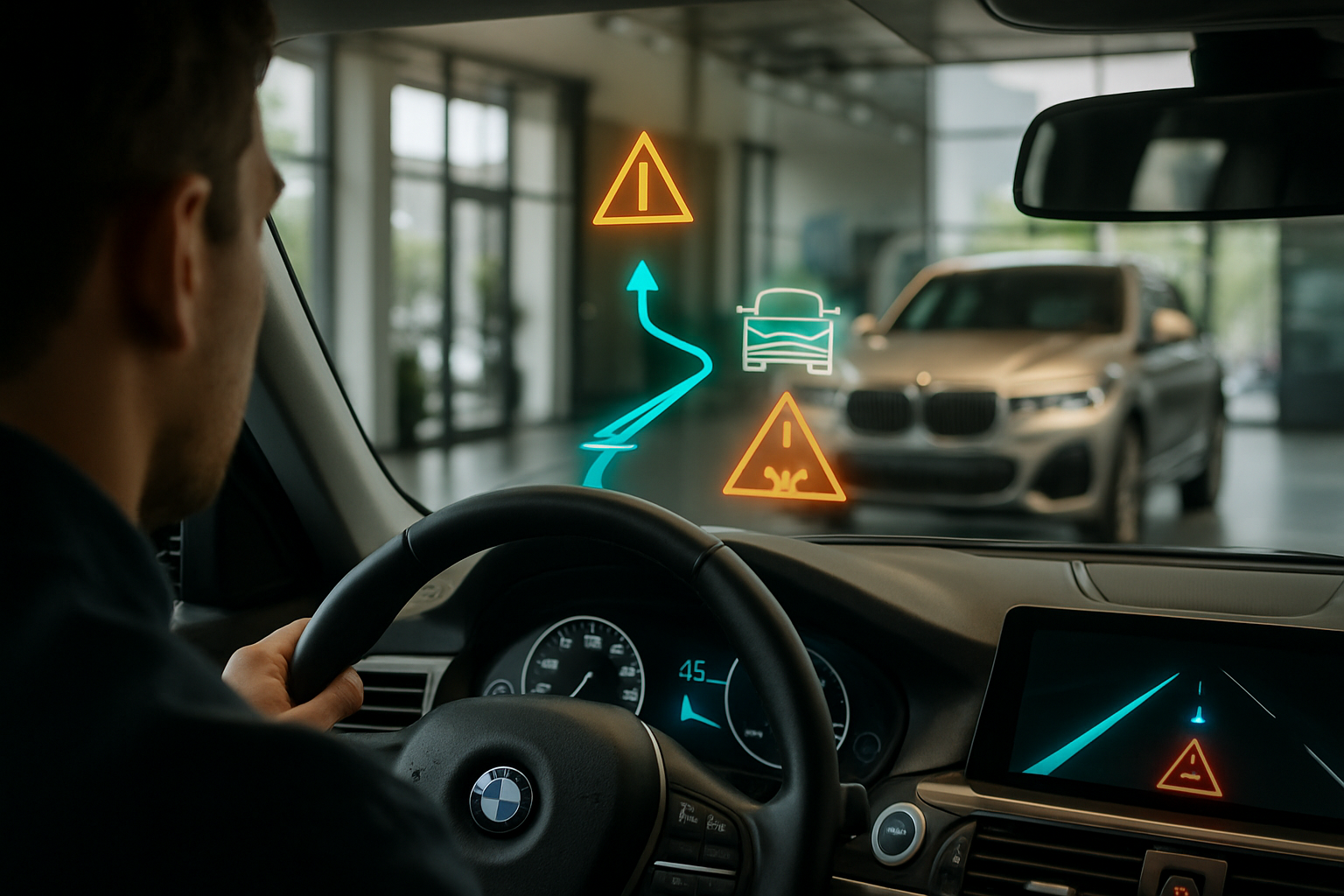The Resurgence of Hydrogen Fuel Cell Technology in the Automotive World
As we shift gears towards a future of sustainable mobility, hydrogen fuel cell technology emerges from the shadows as a potent contender. But, how is this seemingly old technology making a strong comeback in the automotive world? Let's delve into the past, present, and future of hydrogen fuel cell vehicles.

The Past: Hydrogen Fuel Cell Technology’s Rocky Beginnings
While electric vehicles (EVs) have dominated the headlines in recent years, hydrogen fuel cells are not a new concept. The idea of a ‘hydrogen economy’ was first proposed in the 1970s. However, a myriad of challenges, including high costs, safety issues, and lack of infrastructure, stunted its growth.
Despite these setbacks, the technology was never completely abandoned. Car manufacturers continued to invest in research and development, spurred by hydrogen’s potential to offer clean, efficient power with zero emissions.
The Present: Overcoming Obstacles and Advancing Technology
Fast forward to today, and advancements in hydrogen fuel cell technology are solving many of the initial challenges. Modern fuel cells are more efficient and reliable, with significant improvements in safety. The cost of producing hydrogen has also decreased, making it a more feasible alternative.
Moreover, the technology offers compelling advantages over traditional fossil fuels and even electric power. Fuel cell vehicles can be refueled in minutes, similar to conventional cars, and offer a longer range than most EVs. Plus, they emit only water vapor, making them a truly zero-emission solution.
The Future: A New Era for Hydrogen Fuel Cell Vehicles
Now, we’re witnessing the resurgence of hydrogen fuel cell vehicles. Several car manufacturers are rolling out new models, signaling a renewed confidence in the technology’s future. Governments worldwide are also investing in hydrogen infrastructure, recognizing its potential role in achieving their carbon-neutral goals.
However, challenges remain. Infrastructure remains a significant hurdle, with a lack of hydrogen refueling stations limiting the technology’s practicality. There’s also the issue of producing hydrogen sustainably, as most currently comes from natural gas, a fossil fuel.
Impact, Benefits, and Challenges: A Balanced Perspective
The impact of hydrogen fuel cell technology on the automotive industry could be profound. It offers a potential solution to the challenge of sustainable mobility, without the range anxiety and long charging times associated with EVs.
However, it’s not without its challenges. The technology’s success will depend on overcoming infrastructure hurdles and ensuring hydrogen can be produced sustainably and at scale.
The Road Ahead for Hydrogen Fuel Cell Technology
As we embark on a new era of automotive technology, hydrogen fuel cells are making a strong case for inclusion. The technology’s resurgence reflects a broader shift towards sustainability in the automotive industry. However, the road ahead is still long and fraught with challenges. Whether hydrogen fuel cells can claim a significant share of the future automotive market remains to be seen. But one thing is clear - they’re back in the race, and they’re not going away anytime soon.




